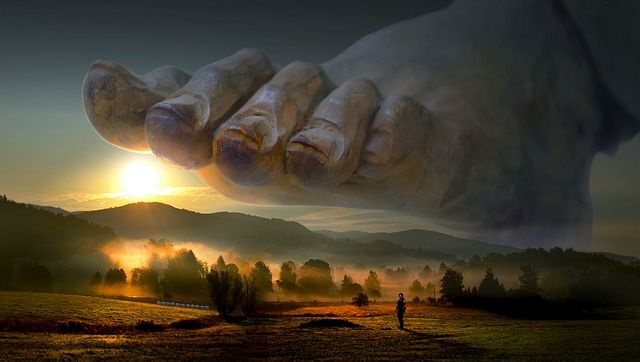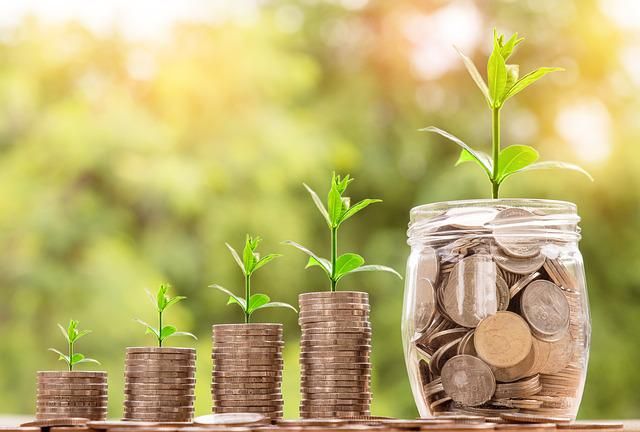Money and power are two of the most fundamental and enduring concepts in human history. They are intertwined in complex ways, with each influencing the other in countless ways. In this article, we will explore the concept of money and power and how they have evolved over time.

First, let's define what we mean by "money" and "power." Money is a medium of exchange that is widely accepted in transactions for goods and services. It allows people to buy what they need and want, and to sell what they have. Power, on the other hand, is the ability to control or influence others. It can be exercised in many different ways, from political power to social power to economic power.
Throughout history, money and power have been closely linked. The earliest forms of money were things like shells, beads, and other objects that were valuable in themselves or had symbolic value. As societies became more complex, these objects were replaced by more standardized forms of money, such as coins and paper currency.
As money became more standardized, it also became more powerful. It allowed people to buy and sell goods and services more easily, and it made it possible for people to accumulate wealth. Wealth, in turn, gave people more power. They could use their wealth to buy land, to hire workers, and to influence others. In this way, money and power became intertwined, with each feeding off the other in a never-ending cycle.

As societies became more complex, the relationship between money and power became even more intricate. In ancient civilizations, kings and emperors controlled the money supply, and they used it to consolidate their power. They would mint coins with their own image on them, and they would use the money they collected to fund wars, to build public works, and to enrich themselves and their allies. In this way, money and power became closely linked, with the rulers using their control over the money supply to maintain their power and influence.
In modern times, the relationship between money and power has become even more complex. With the rise of modern capitalism, money has become even more important. It is the driving force behind much of the world's economic activity, and it is the primary means by which people accumulate wealth and power.
At the same time, however, the power of money has been somewhat democratized. In modern democracies, the government has a more limited role in controlling the money supply. Instead, it is controlled by banks, financial institutions, and other private entities. This has allowed more people to accumulate wealth and to exert influence, but it has also led to greater inequality and concentration of wealth in the hands of a few.
Despite this democratization, however, money and power are still closely linked. Wealthy individuals and corporations can still use their money to buy political influence, to fund lobbying efforts, and to shape public policy in ways that benefit them. This can create a feedback loop, where those who have money and power are able to use it to accumulate even more money and power.
In addition to this political influence, money also gives people social power. Those who have a lot of money are often able to buy the things they want and to live the lifestyles they desire. They can also use their money to buy respect and admiration from others. This can create a sense of envy and resentment among those who do not have as much money, but it can also reinforce the idea that money is the key to success and happiness.
Overall, the concept of money and power is complex and multifaceted. It has evolved over time, and it continues to evolve as our society changes. Money and power are intertwined in countless ways, with each influencing the other in subtle and not-so-subtle ways.